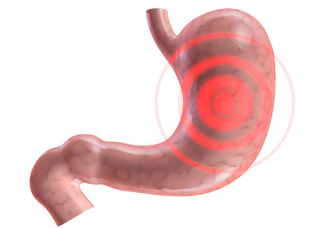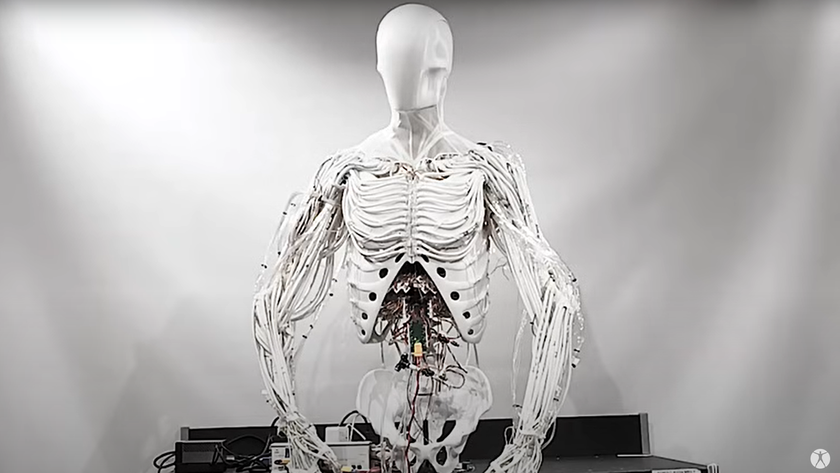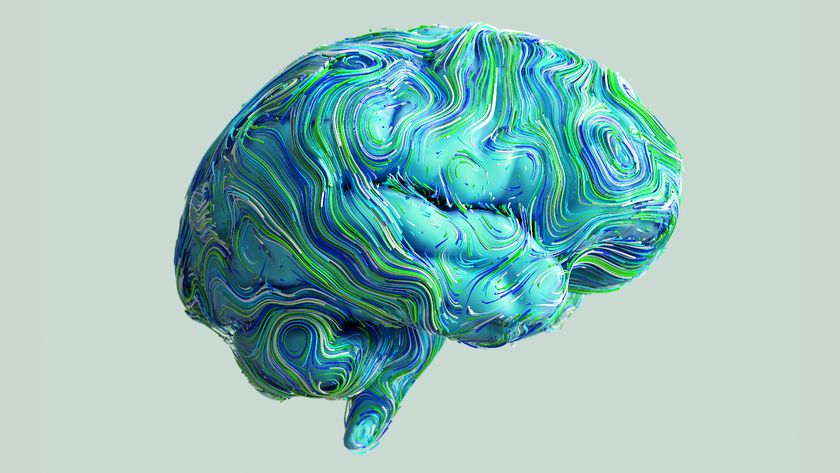11 Surprising Facts About the Digestive System
Physicians treated peptic ulcers incorrectly for nearly a century.

Peptic ulcers are painful sores on the lining of the esophagus, stomach or small intestine, and they affect approximately 50 million Americans each year, according to a 2007 study in the journal American Family Physician.
Physicians long thought that stress and spicy food caused people to develop the sores — an explanation that seemed to make sense, given that ulcer patients often complain about burning pain after eating spicy food. So for almost 100 years, doctors prescribed a treatment involving rest and a bland diet.
In 1982, Australian researchers Barry Marshall and Robin Warren discovered that the real culprit behind ulcers is the bacterium Helicobacter pylori, which burrows into the stomach's mucosal lining. Thanks to this finding, doctors have come up with a better treatment for ulcers: antibiotics.
This discovery earned Marshall and Warren the Nobel Prize in Physiology or Medicine in 2005.
Stomach rumbling can happen at any time, not just when you're hungry.

Borborygmi, or stomach rumblings, are the result of peristalsis in the stomach and small intestines — that is, they're due to normal digestion as food, fluid and gases pass through your gastrointestinal tract. When the tract is empty, however, borborygmi are louder because there's nothing in there to muffle the sound.
So why are the muscles contracting at all when there's no food in the stomach?
After the stomach empties its contents into the small intestine, it sends signals to the brain. The brain responds by telling the digestive muscles to commence the process of peristalsis. The muscle contractions ensure that no excess food was left in the stomach, and the resulting growls signal to you that your body needs food.
Follow Joseph Castro on Twitter. Follow us @livescience, Facebook & Google+.
Sign up for the Live Science daily newsletter now
Get the world’s most fascinating discoveries delivered straight to your inbox.













